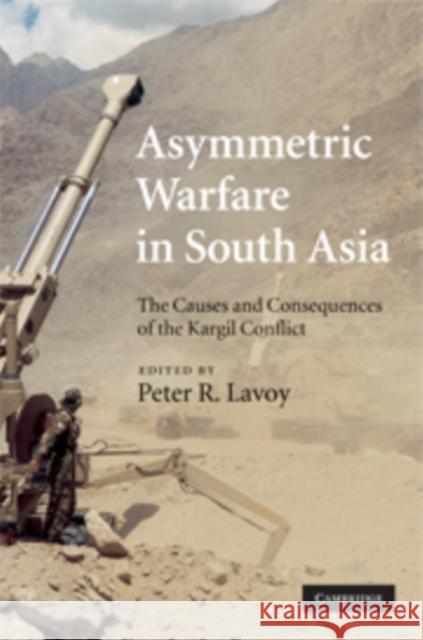Asymmetric Warfare in South Asia: The Causes and Consequences of the Kargil Conflict » książka
topmenu
Asymmetric Warfare in South Asia: The Causes and Consequences of the Kargil Conflict
ISBN-13: 9780521767217 / Angielski / Twarda / 2009 / 426 str.
Asymmetric Warfare in South Asia: The Causes and Consequences of the Kargil Conflict
ISBN-13: 9780521767217 / Angielski / Twarda / 2009 / 426 str.
cena 532,29
(netto: 506,94 VAT: 5%)
Najniższa cena z 30 dni: 532,29
(netto: 506,94 VAT: 5%)
Najniższa cena z 30 dni: 532,29
Termin realizacji zamówienia:
ok. 22 dni roboczych
Bez gwarancji dostawy przed świętami
ok. 22 dni roboczych
Bez gwarancji dostawy przed świętami
Darmowa dostawa!
A unique account of military conflict under the shadow of nuclear escalation, with access to the soldiers and politicians involved.











